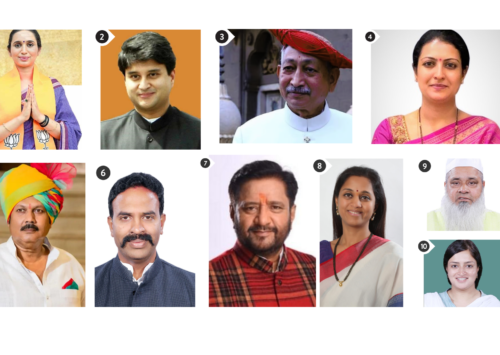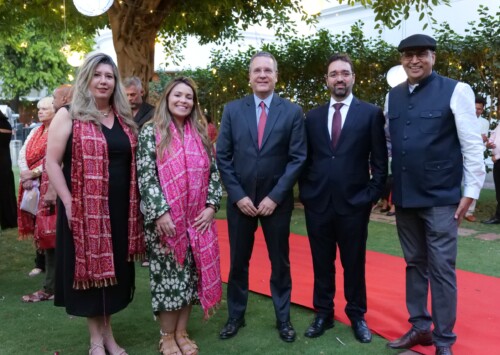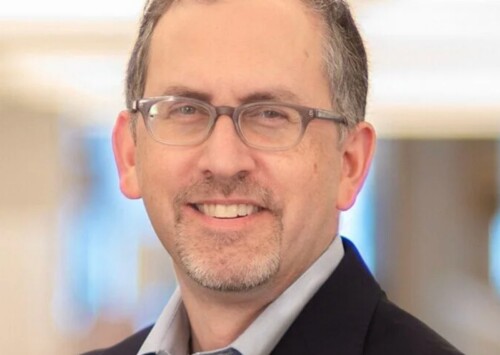Wealth of 5 richest men doubles since 2020 as 5 billion people made poorer in “decade of division”
The world could have its first trillionaire within a decade but poverty will not be eradicated for another 229 years, British charitable organisation Oxfam International says in its annual report Inequality Inc., timed to the gathering of political and business elites at the Swiss ski resort of Davos.
Oxfam says that seven out of ten of the world’s biggest corporations have a billionaire as CEO or principal shareholder. These corporations are worth USD 10.2 trillion, equivalent to more than the combined GDPs of all countries in Africa and Latin America.
According to the report by Oxfam, the world’s five richest men have more than doubled their fortunes from USD 405 billion to USD 869 billion since 2020, at a rate of USD 14 million per hour. This comes in sharp contrast to the nearly five billion people who have been made poorer consequently.
Despite representing just 21 pc of the global population, rich countries in the global North own 69 pc of global wealth and are home to 74 pc of the world’s billionaire wealth.
“We are witnessing the beginnings of a decade of division, with billions of people shouldering the economic shockwaves of pandemic, inflation and war, while billionaires’ fortunes boom. This inequality is no accident; the billionaire class is ensuring corporations deliver more wealth to them at the expense of everyone else. Runaway corporate and monopoly power is an inequality-generating machine: through squeezing workers, dodging tax, privatising the state, and spurring climate breakdown, corporations are funneling endless wealth to their ultra-rich owners. But they’re also funneling power, undermining our democracies and our rights. No corporation or individual should have this much power over our economies and our lives, to be clear, nobody should have a billion dollars,” says Oxfam International interim Executive Director Amitabh Behar.
The statement adds that the past three years’ supercharged surge in extreme wealth has solidified while global poverty remains mired at pre-pandemic levels. Billionaires are USD 3.3 trillion richer than in 2020 and their wealth has grown three times faster than the rate of inflation.
Oxfam says that share ownership overwhelmingly benefits the richest. The top 1 pc own 43 pc of all global financial assets. They hold 48 pc of financial wealth in the Middle East, 50 pc in Asia and 47 pc in Europe.
Oxfam’s report also shows how a ‘war on taxation’ by corporations has seen the effective corporate tax rate fall by roughly a third in recent decades, while governments have relentlessly privatised the public sector and segregated services like education and water.
“We have the evidence. We know the history. Public power can rein in runaway corporate power and inequality —shaping the market to be fairer and free from billionaire control. Governments must intervene to break up monopolies, empower workers, tax these massive corporate profits and, crucially, invest in a new era of public goods and services. Every corporation has a responsibility to act but very few are. Governments must step up. There is action that lawmakers can learn from, from US anti-monopoly government enforcers suing Amazon in a landmark case, to the European Commission wanting Google to break up its online advertising business, and Africa’s historic fight to reshape international tax rules,” adds Behar.











